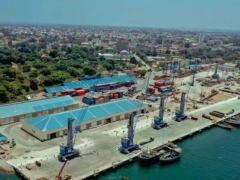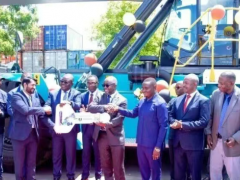According to a report by New Times on November 6, Rwanda is rapidly advancing its transition from fuel-powered transportation to electric transportation, driven by strong government policy support, significantly enhanced investor confidence, and a robust ecosystem of innovators. According to the latest data provided by the Rwanda Revenue Authority (RRA), the number of electric vehicles (EVs) has surged from a mere 19 in 2020 to 512 pure electric vehicles and 6,660 hybrid vehicles in 2024. This significant growth fully demonstrates the firm determination of the government, private enterprises, and financial institutions to collaborate and jointly build a cleaner and more economical transportation sector ecosystem. Among this wave of transformation, leading innovative companies like Ampersand and Spiro are undoubtedly at the forefront, operating over 5,200 electric motorcycles nationwide. Ampersand alone has established 32 battery replacement stations in the capital city of Kigali and has ambitious plans to locally produce up to 18,000 batteries. According to the company, taxi drivers using its electric motorcycles have actually increased their income by about 45% compared to when they used gasoline motorcycles. The company further points out that this equates to an average annual savings of $840 in fuel and maintenance costs per motorcycle.
How the Rwandan government, enterprises, and banks are promoting the popularization of electric vehi
2025-11-07 16:10680
Like 0
Hate 0
Report 0
Favorite 0
Awards 0
Comment 0









